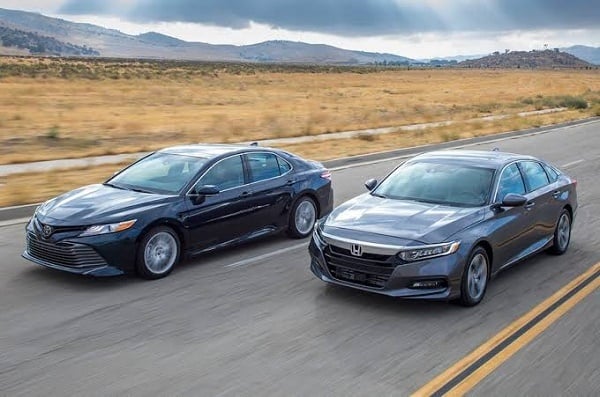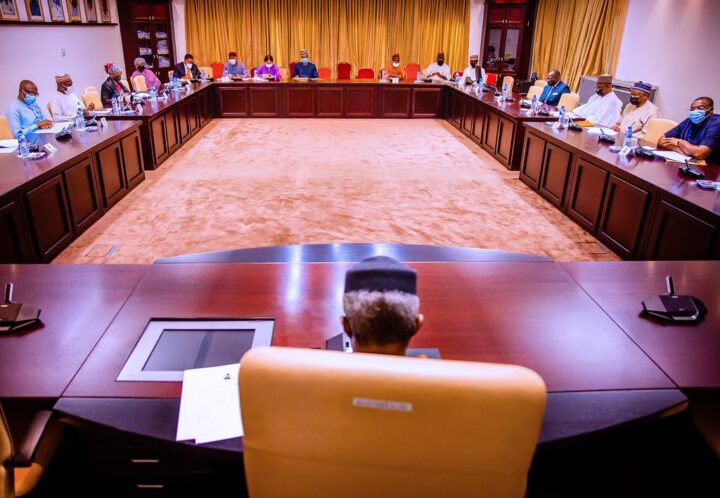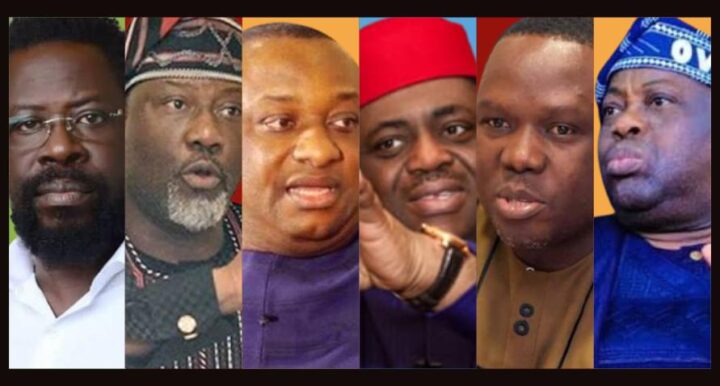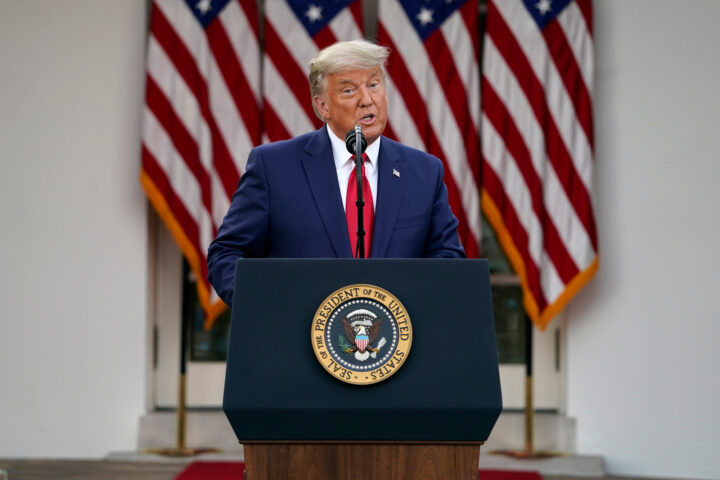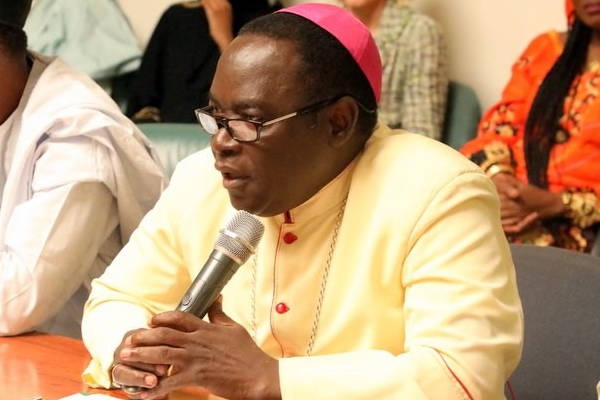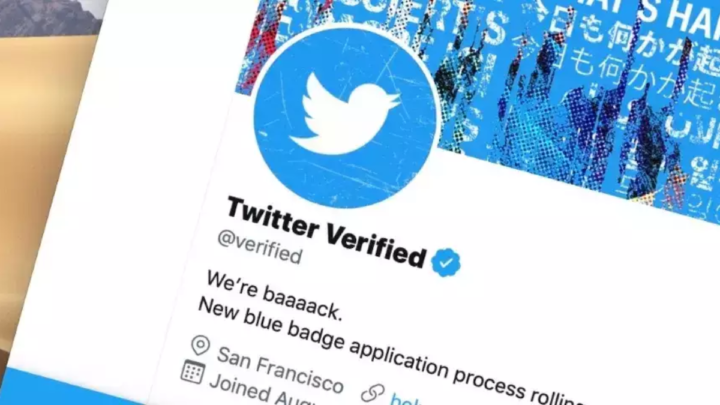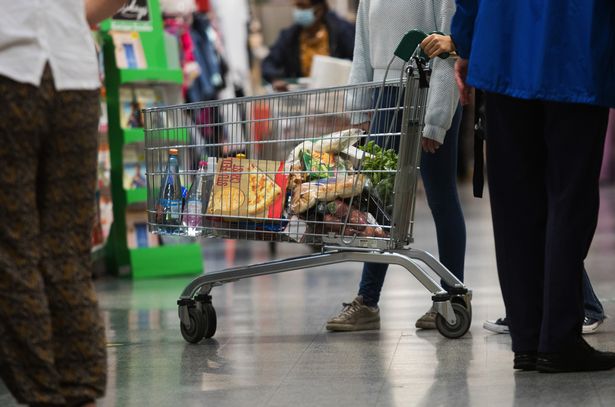Data from the National Bureau of Statistics show that the number of used cars brought into the country dropped by N177.2 billion in the first half of 2022.
According to the report, N169 billion worth of used vehicles, with diesel or semi-diesel engines, was imported in the first six months of 2022, representing N72.3 billion in the first quarter and N96.7 billion in the second quarter.
Further analysis by TheCable Index shows that in the same period in 2021, Nigerians spent N346.2 billion on the importation of used cars — N174.2 billion in Q1 and N172 billion in Q2.
The 2022 figure represents a 51.2 percent dip from last year’s vehicle import activities.
Advertisement
Nigeria is said to be the third-highest importer of used vehicles from the US, behind the United Arab Emirates (UAE) and China.
With a huge gap in local vehicle production and the economic situation which makes it hard for an average Nigerian to afford a brand new car, citizens are highly dependent on imports of used cars, popularly called ‘Tokunbo’, to meet demand.
TheCable had reported that 63 percent of Nigerian households cannot afford to own a car without some kind of support.
Advertisement
In 2013, the federal government established the National Automotive Industry Development Plan (NAIDP) with the aim of attracting foreign direct investment (FDI), curtailing the dependence on the importation of vehicles, and promoting local production of automobiles.
But since the inception of the NAIDP, stakeholders have not been impressed as vehicle manufacturing still remains significantly low.
Although the NBS report — ‘foreign trade in goods statistics’ — does not document factors responsible for the declined spending on used imported vehicles, stakeholders have some ideas.
FOREX SCARCITY/CORRUPTION AT PORTS
Advertisement
A car dealer who referred to himself as Ezenwa blamed the reduction partly on forex exchange (FX) scarcity and the increasing devaluation of the naira against the dollar.
Nigeria is yet to see stability in its FX market for many years now, as the currency maintains its unstable form against the US greenback.
As of September 29, 2022, the naira further crashed against the dollar at the parallel and official sections of the foreign exchange market.
At the time, the bureau de change operators (BDCs) who spoke to TheCable quoted the naira at N737 to the dollar at the street market.
Advertisement
The naira further tumbled on November 7, to a record low of N885 per dollar at the parallel section of the foreign exchange (FX) market — before recovering to N710 per dollar a few days ago.
“The price is not just getting any better. Naira keeps losing value daily,” said Ezenwa.
Advertisement
“I have a 2012 Camry I just bought two days ago in America, exchange rate was at N715. My clearing agent just confirmed he’d take N1,050 million to clear it.
“That’s unlike when I imported my 2013 Kia Optima, I spent about N930,000 clearing it.”
Advertisement
In addition to FX issues, Ezenwa said there are also human factors that are making import difficult, noting that clearing a car in Nigeria “is a lot of headaches”.
“It’s easier clearing a vehicle in Cotonou ports. The corruption and other vices in our ports affect rates, you see yourself spending monies for plenty stuff (touts, the staff, etc), he said.
Advertisement
“If you don’t comply quickly, they delay your work and that might make you incur demurrage. All these will be factored into your price.”
TROUBLE WITH GOVERNMENT POLICIES
If there is anything that troubles business owners in Nigeria, it is government policies. The uncertainty that this causes is said to have continuously spooked investors in various aspects of the economy.
Timothy Olajide, a freight forwarder, told TheCable that one of the issues affecting vehicle importation is that the federal government has handed over the issue of customs tariff to the ministry of finance, adding that the development “is not the best”.
“What does finance know about customs tariffs?” Olajide asked, angrily.
Olajide said if, for example, a car in the US is bought for $500 through salvage, when it gets to Nigeria, a 50 percent reduction or more is to be paid as duty.
But the policy is no longer working, he said, adding that the high rate of clearing has reduced importation.
“Another [policy] that was introduced was the National Automobile Council levy. The payment now makes the total duty of a vehicle higher,” he said.
“What has NAC got to do with ‘tokunbo’ vehicles? So, out of the ‘tokunbo’ vehicles coming to Nigeria, importers are paying automobile agency in Nigeria. Is it not absurd?
“Those are the things making importation reduce. Because the same rate of duty is the same amount you pay for NAC levy which is too high. So, the policy is draining importers.”
INDISCRIMINATE CHECKS
Aligning with other stakeholders, Emmanuel Oparah Ogu, former president of the Association of Nigerian Licensed Customs Agents (ANLCA), summed up the situation as a product of “bad government”.
He said the federal government increased the duty for vehicles by almost 100 percent, making cargo clearing very difficult.
“And I tell you, there are so many vehicles at the ports that the owners cannot even pay [for]. I don’t know the plan of the government, whether they want to sell it to themselves,” Ogu said.
Importers, he said, are also faced with “indiscriminate checks by security operatives” – what many have described as redundant – at the ports.
In some offices, you have five tables doing one work, Ogu added.
“Even during your examination, you have over 10 sets of customs doing one particular examination, and each one will expect you to give and if you don’t give, no examination. And it is not good for the business,” he said.
CUSTOMS/VEHICLE IDENTIFICATION NUMBER IMPLEMENTATION
Lucky Amiwero, president, National Council of Managing Directors of Licensed Customs Agents (NCMDLCA), blamed the decline in vehicle imports on the customs while criticising the implementation of the vehicle identification number (VIN) policy, also known as e-valuation.
Amiwero flayed customs for the way the VIN is being implemented and accused the agency of “trying to impose duties”.
“Customs is supposed to work under the direction of the ministry of finance. But what they have done, they decided to do what they want to do. So, that is that, and now it’s affecting everybody,” he said.
Amiwero, who said customs’ deployment of the e-valuation system is illegal, noted that the situation would grow worse — meaning that vehicle imports may yet slide below the NBS data.
He said customs does not have the “right to impose value on vehicles”.
“It’s going to be terrible,” he said.
“What is VIN valuation? VIN valuation has no procedural law. We have a valuation law, which is Act 20 of 2003, which actually sequences six applications to arrive at import duty collection on cars. And they are not applying that.
“It (Act 20 of 2003) sequences transaction value method number one, you have identical, you have similar, computed value system, the fall-back system and you must apply them sequentially which is contained in the procedures and process of valuation.”
Early this year, the federal government introduced the VIN policy for the proper valuation of imported used vehicles. The development caused a row between clearing agents and customs.
The agents, who lamented the increased cost of clearing vehicles, protested the deployment of the policy and grounded activities at the ports.
Following the protests, the policy was suspended, but later re-deployed in March.
Zainab Ahmed, minister of finance, budget and national planning, said the VIN which is under the national vehicle registry (VREG) was to increase revenue, and curb smuggling and other criminal activities.
But maritime stakeholders still believe the policy is crippling the sector and want it scrapped.
“We have written [letters] but the government doesn’t want to intervene. They’re looking for revenue, but revenue has just died,” Amiwero said.
“Because they have done the wrong thing, people are no more bringing cars into the country because the problem is that the VIN valuation obstructs bringing cars into the country. There are many things that are wrong there, and there is a need for it to be scrapped.
“If it is not scrapped, Nigeria may be in a problem. So, I think there’s a need of overhauling the system completely.”
OVERALL IMPLICATIONS
There are already visible implications of the drop in vehicle importation, with clearing agents reporting on reduced port activities.
At the moment, the ports are “dry”, Amiwero added.
With a 2006 Corolla car now being cleared for N900, 000, pushing the selling price up to N3.5 million in the market compared to the previous price of N2 million/N1.9 million, Olajide paints a grim picture.
“It’s terrible. Can a taxi driver go for a N5 million car to do transport?” the clearing agent asked.
“The policy (NAC levy) has made a lot of people lose jobs directly or indirectly.
“[At the ports] vulcanisers that work on 12 tires before can’t do so again, battery chargers that lay hands on multiple cars can’t do so again. Drivers were reduced from delivering cars to the owners. The canteen is not filled up again.”
Add a comment

